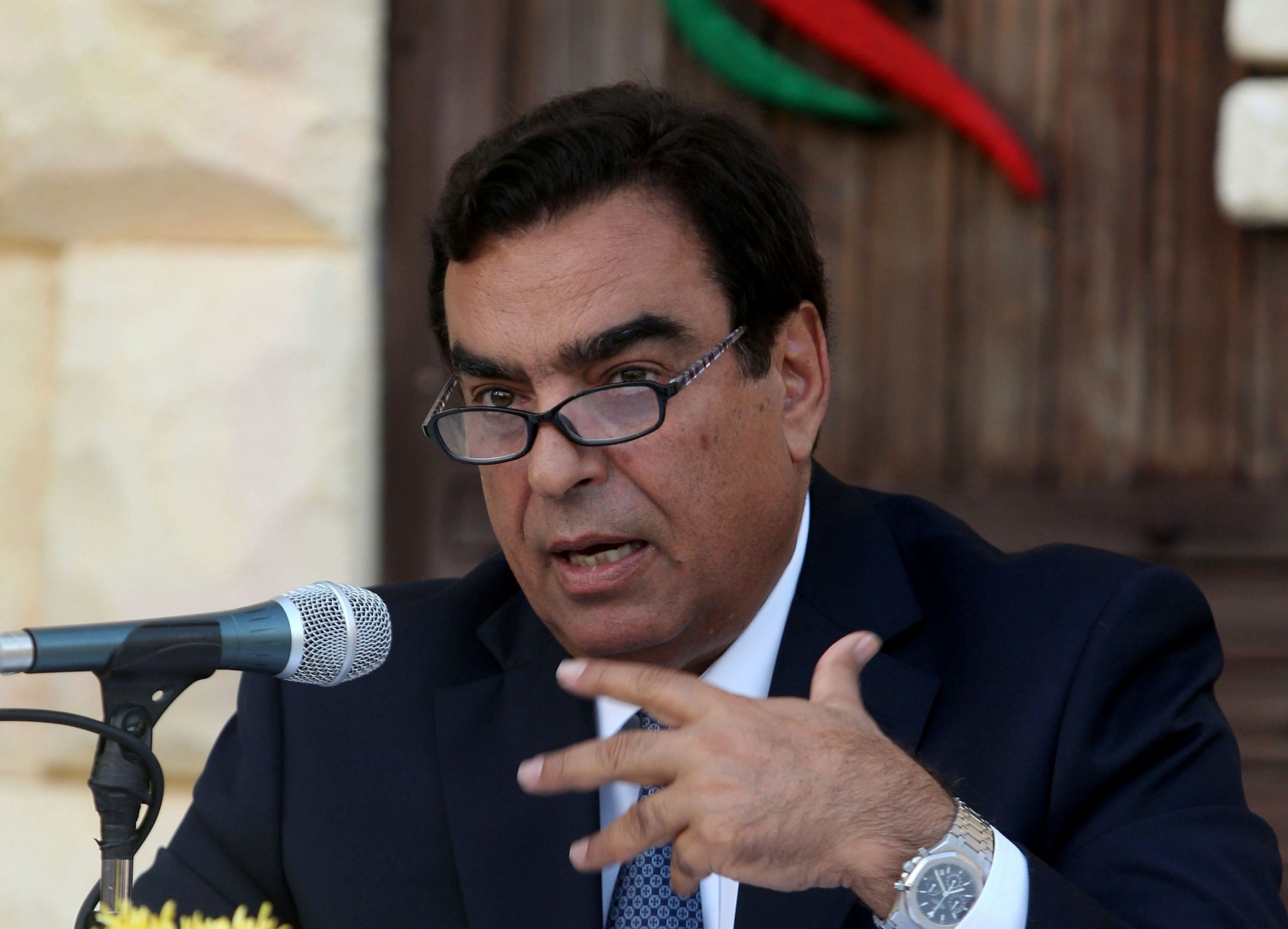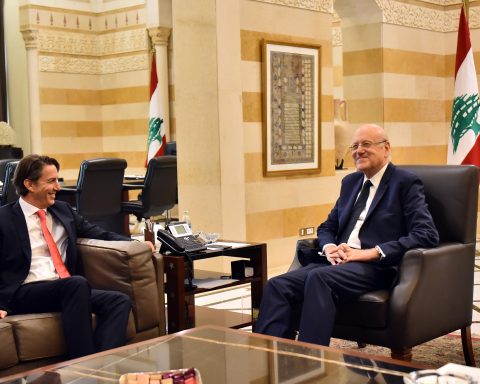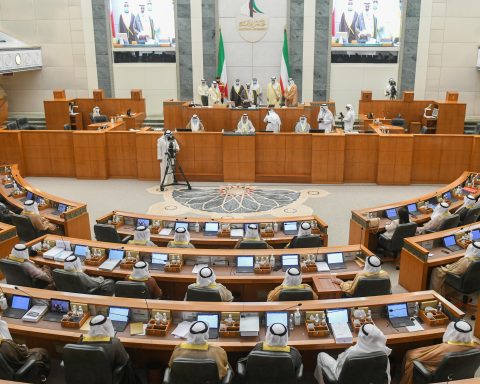The recent Saudi-Lebanon tension has surfaced as the MENA region’s main critical issue in the past week, with Lebanon’s newly chosen Information Minister George Kordahi confirming that his “anti-Riyadh remarks” were personal and had nothing to do with his government’s political agenda. However, Saudi authorities are exerting an unprecedented campaign with a view to forcing Kordahi, a Maronite TV anchor who was working for the Saudi MBC channel, to resign.
The Lebanese people have been divided into three groups, a large part of which appeals, every now and then, that Kordahi must resign in a way that appeases Saudi Arabia to not cut economic ties with Lebanon. Another group says that Kordahi should at least apologize to the Saudi government, given the fact that he made these remarks a month ahead of being selected as Lebanon’s information minister. The third portion of the Lebanese people insists that the Saudis are blackmailing the Lebanese people and flouting the basics of their national sovereignty. Hence, Kordahi’s issue comes almost three years after the scandal of forcibly disappearing then-prime minister Saad al-Hariri in Riyadh, which was a move massively slammed by many actors on the regional and international levels. Hariri’s kidnap and forced resignation from his house arrest in Riyadh, in a way, showed to what extent the mentality governing the Arabs’ “big sister” country was juvenile.
This also sets the features of Saudi foreign policy towards Lebanon under the rule of Saudi Crown Prince Mohammed bin Salman, as it has been characterized by a veto on any cooperation with a government within which Hezbollah has the upper hand. Since his rise, Riyadh has reconsidered all its “generous” financial support to Lebanon, which has exceeded $70 billion in the period between 1990 and 2015, a figure that no country could afford to aid a civil-war-torn country at the time.
With a view to grasping the Gulf political scene, the mainstream theories of international relations and the parameters of standard foreign policy cannot adequately explain the deeply rooted cultural and tribal dynamics in engineering foreign policy in these states. Imagine that one of the main reasons behind the eruption of the Gulf crisis in 2017 was driven by “tribal competition”. That is why Qatar managed to bring the world’s most prestigious sports event, the FIFA 2022 World Cup, home, while it was elusive for Al Nahyan, Al Saud, and Al Khalifa to do so.
The current crisis with Lebanon smells like something close to this viewpoint. Saudi Arabia had no problem with Kordahi until very recently. Their main issue with the minister was owing to the decades of experience he got as an anchor for a Saudi televised channel and the millions he got in return. There is a saying among Arab tribes to remind their laborers if they disagree with them: “Thanks to my money that you have flesh in your shoulders.”
Definitely, what outraged the Saudi side had nothing to do with the man being a Lebanese official decrying Saudi Arabia and its policies in Yemen. Dozens of Lebanese officials, deputies, and activists have been known to say this on a daily basis. What actually angered the circle close to the Saudi Crown Prince, along with the latest Houthi military escalation against the Kingdom, was that Kordahi was working for a Saudi channel and, according to them, he should remain grateful to his employers even if he became a minister or remained on top of his televised career. This is the origin of the current crisis.
Unfortunately, this crisis is taking place amid a severe economic problem Beirut has come under for the third year in a row. Lebanon, which until recently was known as the Orient’s Paris, has been crippled on the institutional level with no financial resources left in the country’s treasury, not to mention that garbage is still scattered across the classy neighborhoods of Beirut.
What added insult to injury is that Saudi Arabia acted as the “The Gulf mother,” dragging the crisis from a Saudi-Lebanon one into a Gulf-Lebanon one. No Arab country can afford to have a country like Kuwait comply with the Saudi strain to expel the Lebanese diplomat. This behavior is, to a large extent, expected from Bahrain and the United Arab Emirates, both of which have a long history with Qatar, but Kuwait’s sudden move has completely shifted the crisis into a Gulf-Lebanon one. Furthermore, the move came despite the fact that Kuwait was hosting talks between the Yemeni rivals, including the Houthis, in 2016.
This crisis has nothing to do with the exact meaning of sovereignty present in political science, it is something beyond that of the cultural dynamic that should be highlighted to understand its background and factors.
Consequently, after the tension has developed into a Gulf-Lebanon crisis and amid reports that it may seriously affect the Lebanese working in the Gulf, the best exit is to see Kordahi acting pragmatically and resigning from his position. This actually does not only serve to end the unnecessary crisis but helps to save the country from falling into a new quagmire of civil war. Hence, people from various sects and ethnicities can already be seen saying that Hezbollah bears full responsibility for the miserable economic situation in the country.
Last month’s clashes should be taken into consideration as they were planned to drag Lebanon into open-ended bloodshed, but the situation was quickly contained. No one knows the outbreak of new clashes to which level will take the country.













